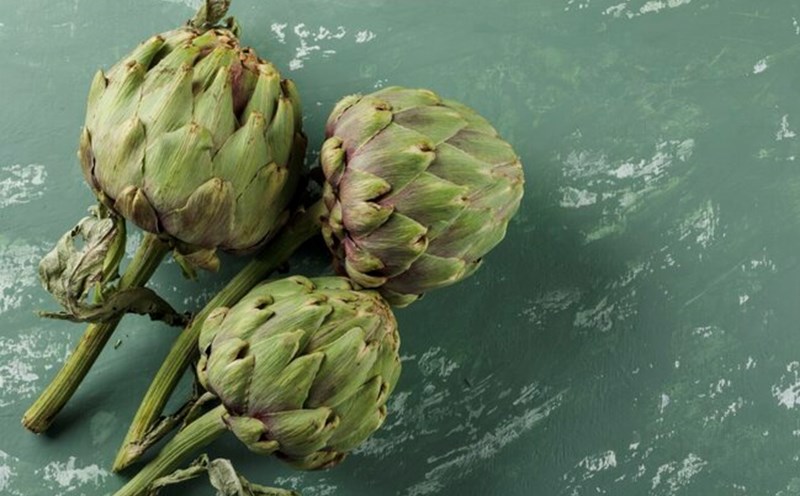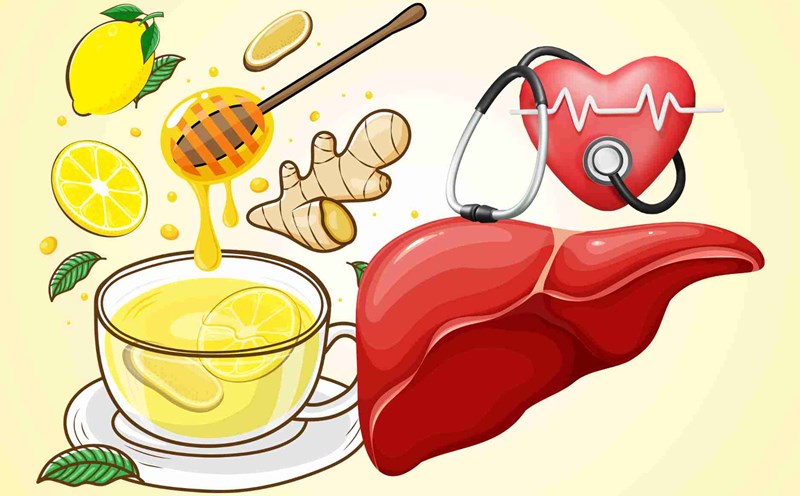Control blood pressure
hibiscus can reduce cardioversion - the pressure of blood on the arteries when the heart contracts. The bioactive compounds in hibiscus help release nitric oxide from the endothelium of blood vessels, leading to increased kidney filtering.
It is important to consult your doctor before drinking hibiscus tea if you are taking antihypertensive medication.
Preventing atherosclerosis
Arterial fibrosis is a condition of fat accumulation in the blood vessels, when broken, it can cause death. The preventive role of hibiscus flowers is to reduce low-density lipoprotein or bad cholesterol accumulation in large quantities.
Reduces oxidation of bad cholesterol
The main risk of fat accumulation lies in their oxidation. Accumulated bad cholesterol oxidation will lead to atherosclerosis and pose a potential risk for various heart problems.
An easy way to prevent oxidation is to use a diet rich in antioxidants. hibiscus contains many antioxidants such as flavonoids, phenolic compounds, beta carotene and vitamin C that inhibit the oxidation of bad cholesterol.
Anti-inflammatory
In addition to high cholesterol and high blood pressure, inflammation also increases the risk of heart disease. Chronic inflammation can spike plaque in the blood vessels and damage tissues.
You can easily prevent your body from falling into this condition by adopting a heart-healthy diet and lifestyle.
hibiscus has anti-inflammatory effects that can protect the heart. This is because they are rich in antioxidants in flowers. These antioxidants help prevent oxidative stress and control inflammation.










